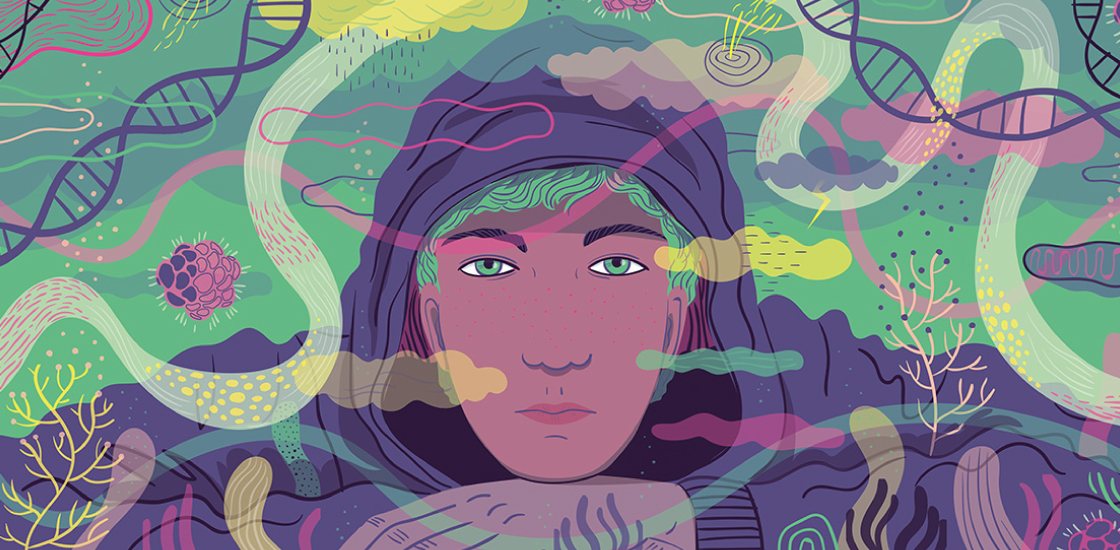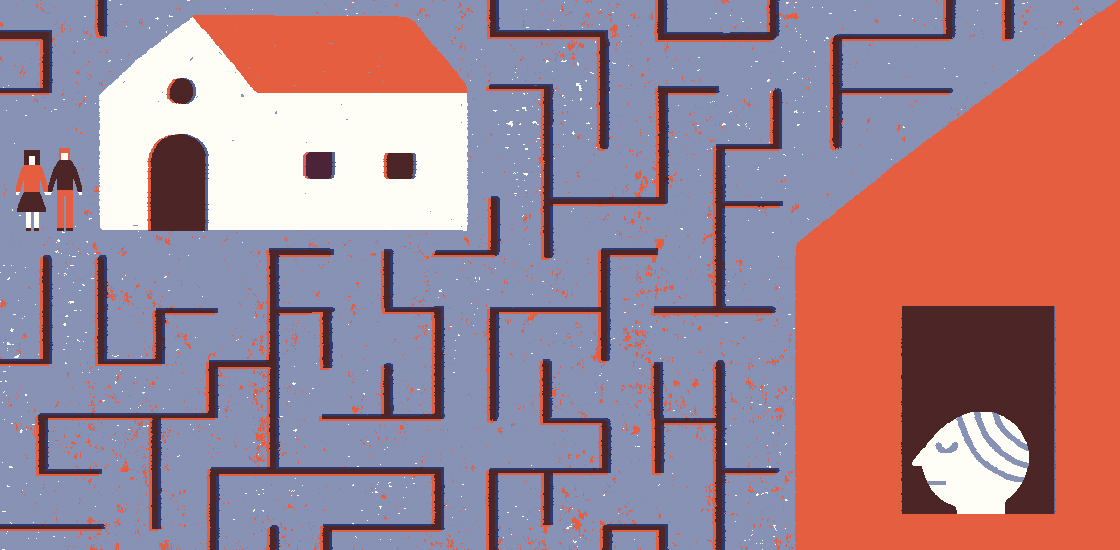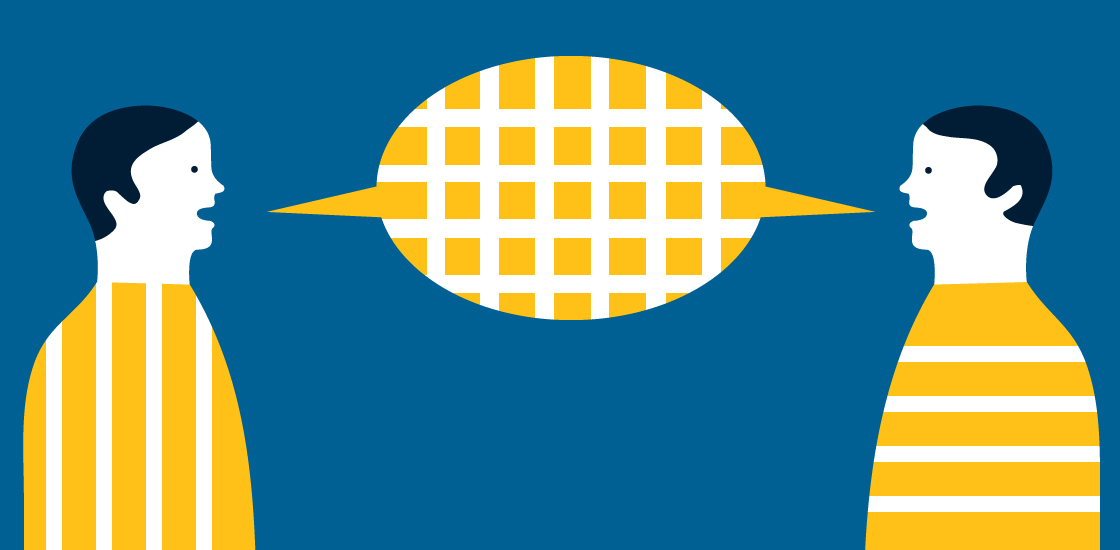Amedeo Tumolillo
Web Producer
Spectrum
From this contributor
What teenagers can teach scientists about autism
Examining the teenage years presents a major opportunity for understanding and treating autism.

What teenagers can teach scientists about autism
Why too many children with autism end up in foster care
The foster care system is becoming a critical component of care for children with autism.

Why too many children with autism end up in foster care
To partner with autism community, welcome dissenting opinions
Giving the autism community a voice in research means engaging in meaningful dialogue, not just making token gestures.

To partner with autism community, welcome dissenting opinions
‘Frozen’ offers glimpse of autism in girls
Elsa, the star of the movie “Frozen,” is the poster child for girls with autism.

‘Frozen’ offers glimpse of autism in girls
Questions for Maureen Durkin: Understanding autism’s rise
Autism is undoubtedly on the rise, but we may never be able to fully explain why, says Maureen Durkin.

Questions for Maureen Durkin: Understanding autism’s rise
Explore more from The Transmitter
Expediting clinical trials for profound autism: Q&A with Matthew State
Aligning Research to Impact Autism, a new initiative funded by the Sergey Brin Family Foundation, wants to bring basic science discoveries to the clinic faster.

Expediting clinical trials for profound autism: Q&A with Matthew State
Aligning Research to Impact Autism, a new initiative funded by the Sergey Brin Family Foundation, wants to bring basic science discoveries to the clinic faster.
This paper changed my life: Shane Liddelow on two papers that upended astrocyte research
A game-changing cell culture method developed in Ben Barres’ lab completely transformed the way we study astrocytes and helped me build a career studying their reactive substates.

This paper changed my life: Shane Liddelow on two papers that upended astrocyte research
A game-changing cell culture method developed in Ben Barres’ lab completely transformed the way we study astrocytes and helped me build a career studying their reactive substates.
Dean Buonomano explores the concept of time in neuroscience and physics
He outlines why he thinks integrated information theory is unscientific and discusses how timing is a fundamental computation in brains.
Dean Buonomano explores the concept of time in neuroscience and physics
He outlines why he thinks integrated information theory is unscientific and discusses how timing is a fundamental computation in brains.